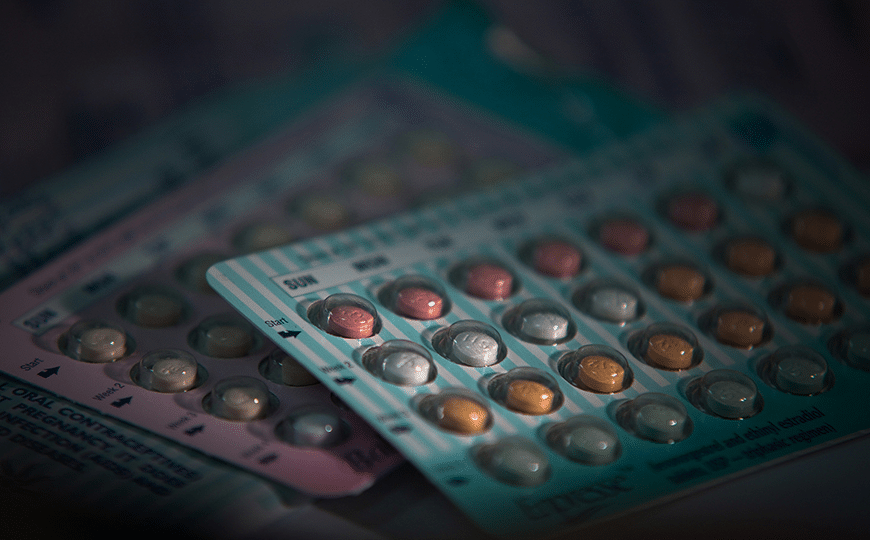Many well-meaning donors who want to improve child welfare, protect the environment, and build real democracies are focused on increasing global access to effective birth control so that parents can have fewer children and invest more in each child. They cite studies that show a high percentage of unwanted pregnancies and abortions, and they assume that if we can just provide more access to contraception, would-be parents will use it and reduce fertility rates.
Of course access to birth control is vital. Having Kids supports it through our membership in coalitions, like the one in Colorado, that promote public funding for better contraceptives. But is access enough?
Some of the wealthiest communities in the world have great access to contraception, but they still choose to have some of the largest and most environmentally destructive families in the developed world. Many of my friends who consider themselves environmentalists—and even work for environmental organizations—are considering having a second or third child because they believe their first child needs a sibling. These parents do not lack access to contraception. So what’s missing?
Access to contraception is only half the equation. We need to change the norms around having kids in order to create the future we want. The Having Kids model encourages smaller families in communities that work together to ensure children have a fair start in life, access to a healthy environment, and the opportunity to have a better future than the generation before them. Why put effort and massive funding into half the equation (access) while ignoring the other half (family planning norms or models)? Let’s focus on both, and let’s change the norm about how we plan families to solve larger global issues.

